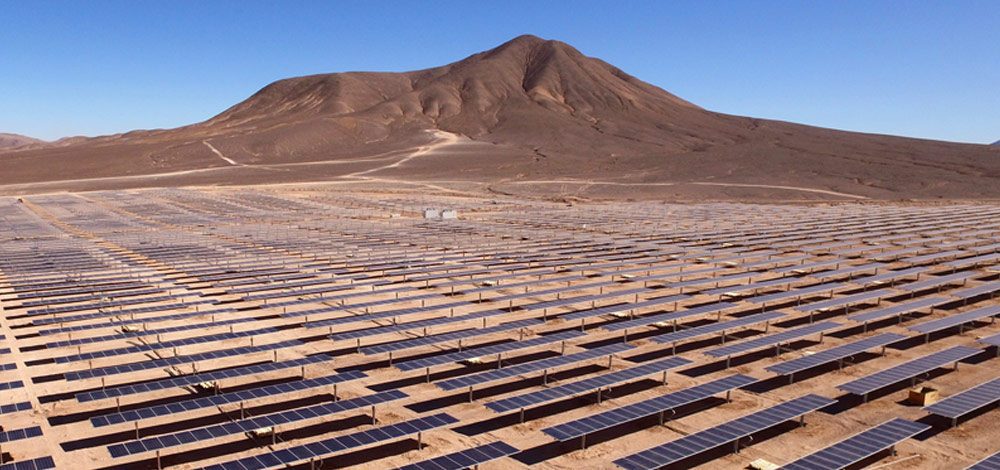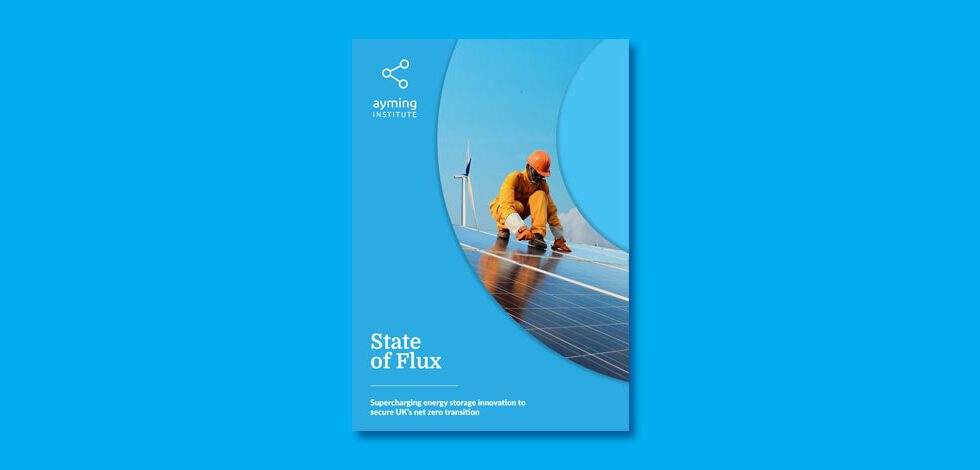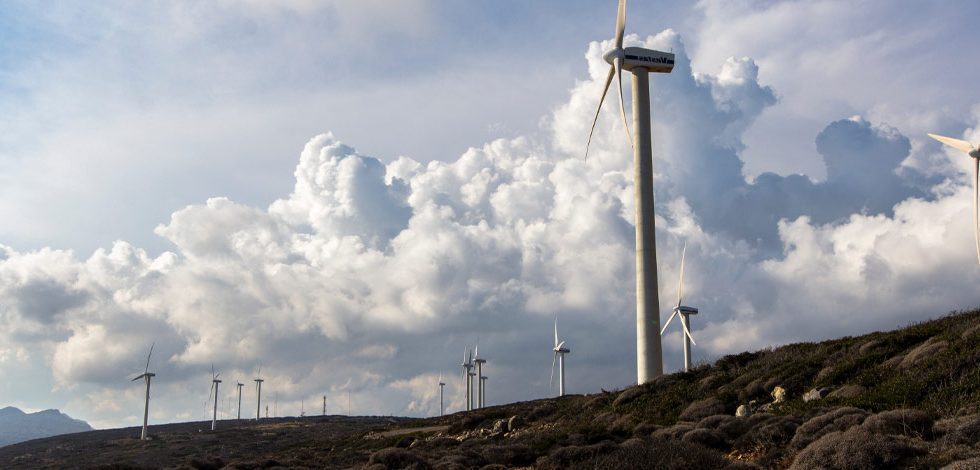The energy sector is in the middle of a huge transformation, making innovation within the sector the focus of global attention. Because innovative development is a big part of the energy sector’s core DNA, claiming R&D tax credits for energy research and development can offer companies a helping hand when they most need it.
Energy experts who really understand your business
Here at Ayming, we are more than just tax and accounting professionals, we have teams of specialists who have worked in the energy sector and can truly understand your business.
Our R&D experts analyse more than 15,000 R&D projects worldwide every year. We conduct peer to peer interviews with your team to fully understand your projects and identify eligible expenditure for your R&D tax claims.
What counts as R&D?
If your business is involved with any of the following areas of energy research and development, and you’re not already claiming R&D tax relief, then it’s likely that you could be.
Sustainable energy research and development
- Increasing energy plant production using the same or less input materials or resources.
- Development of an alternative fuel mix to reduce emissions of pollutants and consequential study of the resultant effect on system performance.
- Study and improvement of an energy distribution network to lessen inefficiencies such as distribution losses or inherent intermittency of renewable energy sources.
- Scaling up from a prototype energy system to one which is commercially viable.
- Reducing noise and vibrations in a system.
- Development work related to the scaling up of the blending process for specific fuel compositions, such as enthalpy and stirring considerations.
- Development and analysis of a renewable energy system to operate in extreme environments, such as marine or high temperature.
- Development of a processing facility to provide different or less expensive alternative fuels.
- Creating a sustainable energy system which achieves the same output as other systems, but can be constructed or operated at a lower cost.
- Laboratory work undertaken to fully understand the specific emissions created through the combustion of specific fuel blends (CO2, NOx gases etc.)
- Cooperative research with an external institution, such as a university or research body.
- Improving an older system to make it more efficient or increase its capabilities, through the integration of new technologies.
- Using an existing technology for a different application and to achieve a different outcome.
- Developing a new energy production system or prototype with improved functionality or capability.
Oil & gas research and development
Qualifying activities for R&D tax purposes can include creating new processes and developing process efficiencies for the following
- Cost saving
- Efficiency
- Using low grade oil
- Re-utilising reserves
- New extraction techniques
- Meeting new changing environmental specifications
- Meeting new changing health & safety specifications
- Scale-up of carbon capture and storage, making it more economic
- Reducing waste
- Automation of instrumentation and processes
- Transportation and storage of oil and gas, improving safety, efficiency etc.

Why choose Ayming?
As the UK’s R&D market leader for the energy sector, you can count on us to:
- Optimise your claim value
- Simplify your processes
- Ensure minimum impact on your time and resources
- Safeguard against HMRC enquiries by ensuring that your claims are robust and low risk








